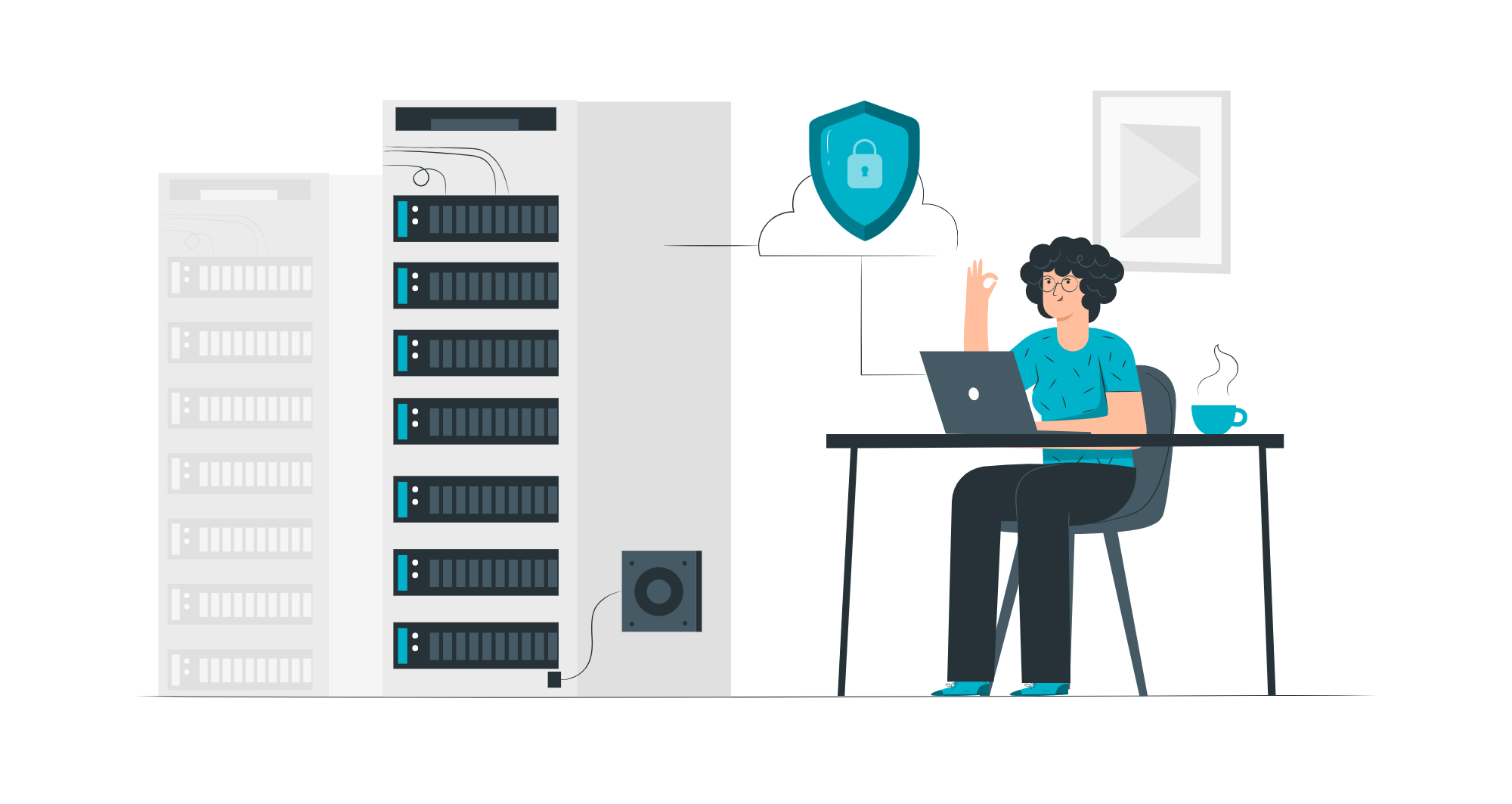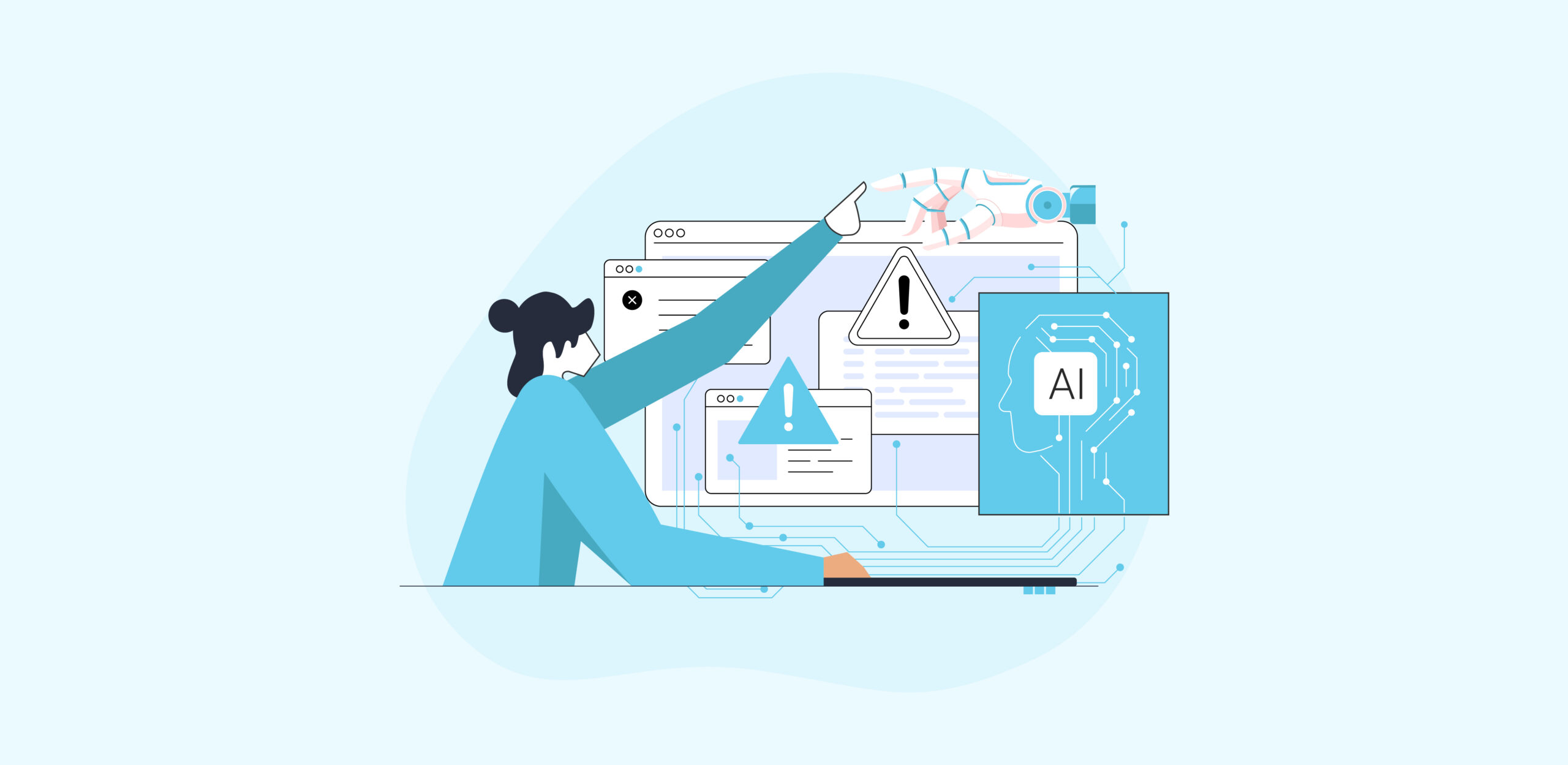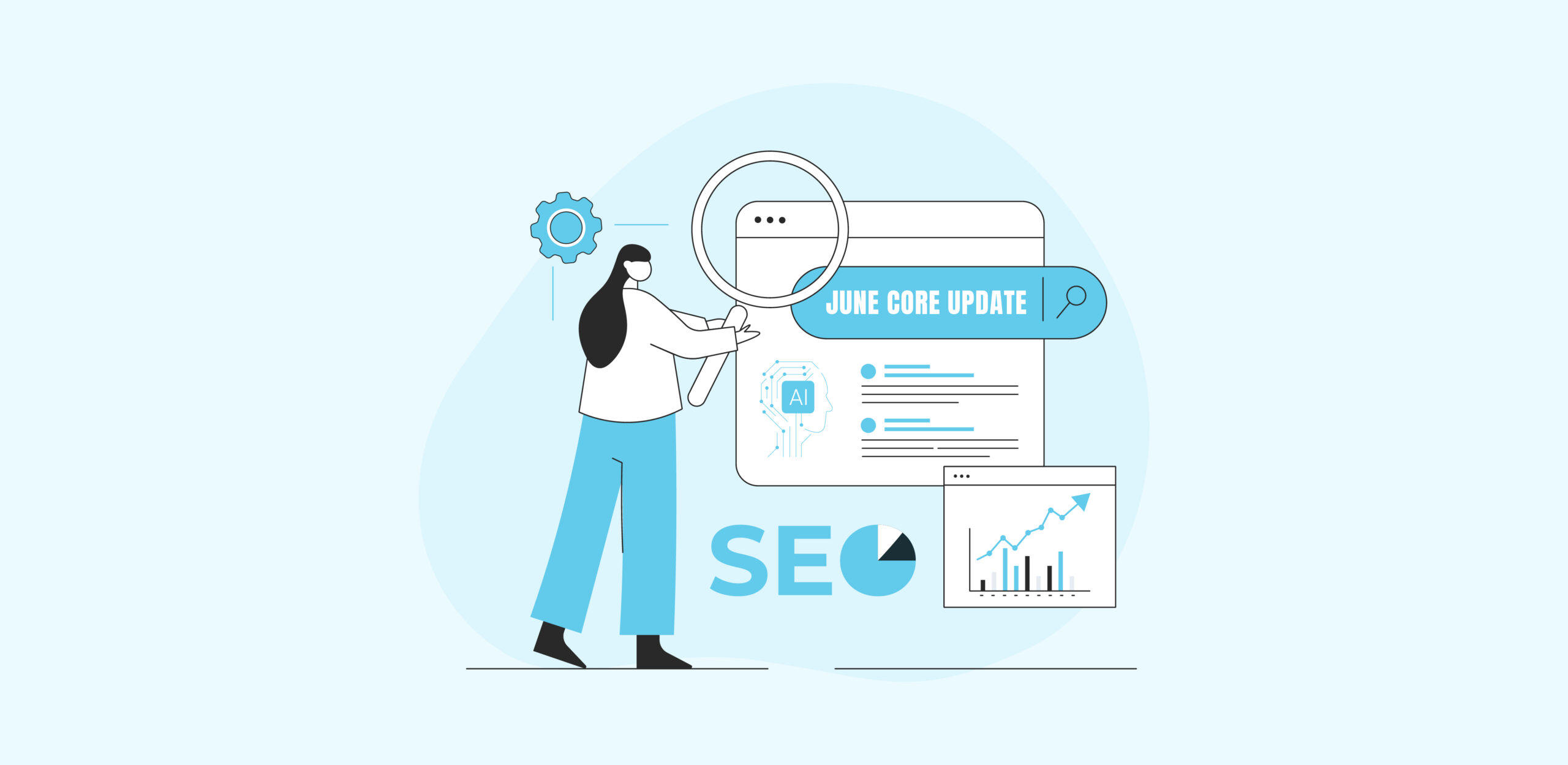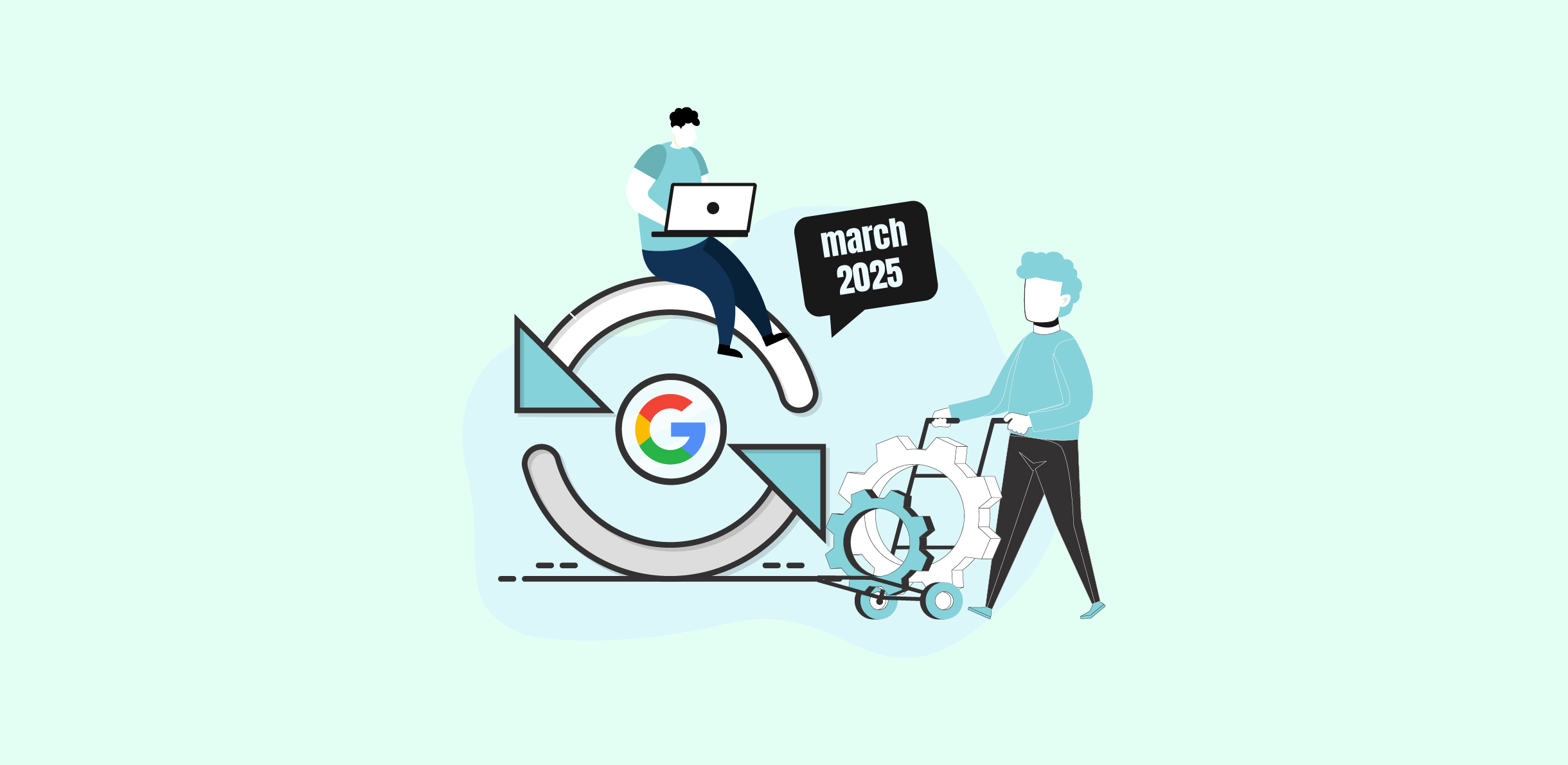Introduction
The best thing about the information age is that every venture regardless of size and capital can have a website along with its own website hosting. While the decision to pick the right domain is quite easy based on availability and luck, choosing the right website hosting is a crucial decision that requires a lot of thought and research.
No worries though, because the following 13 factors will ensure you always make an informed decision whether you’re opting for web hosting for the first time, or simply plan on switching from your current hosting service.
1. Server Reliability and Uptime Score of at least 99.5%

The right website hosting is one where it’s unlikely for your website to go down. This can be ensured to an extent if you go with a web hosting service that has an uptime score of 99% or above. While the last 1% may not seem to be much the impact is quite high. We recommend choosing a hosting with an uptime score of 99.5% or above. We won’t ask you to set the standard at 100% since currently, even the top industry standard is 99.999%.
Keep in mind that the uptime scores are calculated based on a time period, so make sure you check for it when noting the uptime. Having web hosting with strong servers and stable network connections will ensure that your website functions smoothly for your target audience, with minimum problems (if any). A reliable server and high availability (Highest Uptime) will also ensure better rankings for your website as Google does take into account the time and frequency when and if a website is unavailable.
2. 24/7 Customer Support
When opting for web hosting it’s prudent to find out exactly how good their customer service is. As you launch your website, there is a high chance that you will continue to improve it over time and at times also encounter bugs where you would need to contact web hosting support to resolve issues. Since your website is supposed to be live at all times, any problem you encounter should be resolved ASAP.
However, not every web hosting service offers this. Moreover, you will also find websites that have their customers raise a ticket while claiming that their customer support is 24/7. Yet, the ticketing system means that the response won’t be as instant as a live chat or the ability to connect directly with a representative, which means that there will be an inevitable delay.
Therefore, it’s best to go with websites that offer 24/7 live customer support and have good social media visibility. That way, you can avoid the dreaded email or ticketing system which would speed up the resolution for issues that you may encounter.
3. Availability of Site Backups
Backups are extremely necessary to ensure that in case a hacker attacks your website, you can easily revert to the original form without any problems. However, other than the cyber-threats your website can also be affected by a severe server or even a local hard disk failure, which could hamper your website.
But the best way would be to go for a website hosting that offers regular web data backup. This would ensure that you have your website backup available at all times, and can bounce back up from a threat like nothing ever happened.
4. Registration and Maintenance Costs
Most website hostings you look up will seemingly provide a minimal fee to set up your website. However, while the registration costs are quite low, the renewal and maintenance costs are often much higher. These annoyingly additional costs can only be avoided if you’re changing hostings to get discounted sign-up rates every one or two years. Keep in mind that your website’s requirements will also be changing over time, so you will have to decide whether you want to bear the additional cost to maintain consistency.
But a major factor at play here is whether your prospective hosting is offering you a free domain. There is a chance that you will bear a higher cost on domain renewal after 1 year. However, if you’re into SEO, chances are you’ll have your website indexed and ranking by that time.
5. Ability to Add Domains
The ability to add domains may seem insignificant initially, but it does become imperative if you want your website to be a big one. Keep in mind, that not every web hosting allows you to add multiple domains, and there could be instances where you can only add a certain number of domains to your hosting. In other words, read the fine print and know how many domains can be added beforehand.
There could be multiple reasons why you might want to add domains. For example, you may want to start another brand that comes under the umbrella of your main website. Similarly, you may also require a microsite for an event or a campaign. Take this example of Domino’s, while the brand already has a main website, there is another website for their campaign “Paving for Pizza”.
So, its best to go wit ha website hosting that allows you to add multiple domains. You can also check the packages offered and pick which package best caters to what you’re looking for. Of course, the best hosting in this regard would be the one that offers unlimited domains, enabling you to scale as much as you want.
6. Account Limitations
Any hosting service provider you might find will likely have their own set terms of engagement. While this necessarily isn’t a problem, it’s important that you go through these terms in order to make an informed decision. Often, there are subtle things that might hinder you from running your website exactly as per your preference. For example, you may want to run scripts that require high CPU usage. However, many website hosting have a capped limit on CPU power users can consume. After this limit is reached, the hosting account may be slowed down.
In some cases, over prolonged CPU usage, the hosting provider may even suspend the account. It is best to avoid these hostings so you don’t get limited or suspended as you scale your website up. Moreover, it’s always best to check if they have clear terms of engagement and rest your decision on the points presented.
7. E-Commerce and Email Options
A major plus point of good web hosting is the addition of email hosting. This allows you to link your emails with the website’s primary email. Always pick a hosting that allows you to set up your primary email with the domain name.
With this option, you will get an email that looks professional to your audience, while also allowing you to set up emails for different roles, like support, help, etc.
8. Minimum Load Time
It’s important that your web hosting ensures an optimal load time for your web pages. While this is also dependent on how heavy your web pages are, the speed of your hosting also plays a crucial role. Keep in mind that there is a high chance that you will get website visitors from mobile phones as well, and the load time is specifically important in this scenario as mobile visitors may leave if it takes more than 3 seconds for your web page to load.
9. Bandwidth and Storage
Bandwidth refers to the amount of data that you can transfer to users in a given time period. Although you might see multiple hostings promising you unlimited bandwidth, keep in mind that this is virtually a myth. A little investigation will help you find how much bandwidth is offered. The ideal hosting is the one that offers the highest bandwidth.
Another thing that you will require from your hosting is storage. The right media will attract your audience and help in conversions. However, without ample storage, you will have to choose between which media to put up, which is never a good thing. In other words, go for the web hosting that offers the highest storage at the best price.
10. SSL Certificate Availability
Some hostings also provide a free SSL certificate. SSL stands for Secure Socket Layer. Its basically an additional layer of security for users to keep their data protected. While you can create your own SSL certificate for free, the process can be quite tedious, especially if you’re not a coder.
Google gives importance to websites having an SSL certificate. It is the reason why you’ll see URLs with “HTTPs” instead of “HTTP”. Moreover, you’ll get a warning anytime you open a URL with “HTTP”. Take the option of SSL under special consideration, especially if your website is an e-commerce one.
11. Refund Options
If you’re testing out the best hosting, its prudent to go for ones that provide money-back guarantee. However, as many web hostings do give this offer, the better method is often to look at how easy getting that refund actually is. You can find out the truth by looking at customer reviews for your shortlisted hostings online.
12. Server Location
While Server location isn’t much pondered upon when considering web hosting, it can often be a major factor. Your website will load faster if your server location is closer to your target audience. However, this factor could also be rendered moot if you’re getting traffic worldwide. You can also check out this blog if you’re interested in International SEO, as it will help you cater to a worldwide audience.
13. Extra Features
Finally, there are some extra features that you should also keep in mind. These will allow you to have a complete checklist on factors to be aware of. The presence of the following factors will ensure that your hosting is giving you the best value for money:
- Free Site Transfers
- cPanel Availability
- CDN Availability
- One-click WordPress Installation
- Site Builder Access
- Specific Data Center Location
We hope you can find the right hosting with this checklist. If you want to learn more about SEO and digital marketing, be sure to check out our blog.















